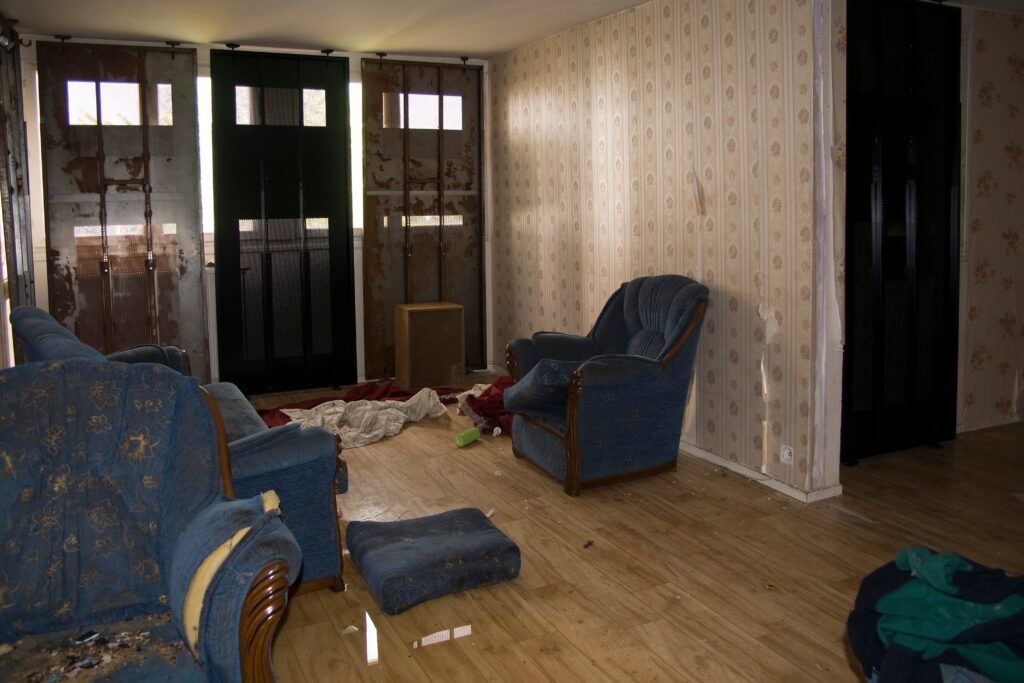
Squatting has become a thing across the country. All over social media, there are property owners who would have to forcefully remove settlers from their homes, having to fight them to leave property that they have no rights to. And this can be a major headache for property owners.
It makes it difficult for property owners just to remove squatters from their property. In particular times and cases, settlers would have certain rights that would protect them.
Property owners must take those squatters to court to regain their property, and the court system can be unwieldy. There’s no specific timeline on when those property owners could get their property back.
Some people may confuse squatting and trespassing as the same thing, but they are different. Squatters occupy a piece of property with no legal claim to the property. However, according to the American Apartment Owners Association, if squatters could provide documentation such as a utility bill or tax documents, it would make things more difficult for property owners.
If squatters were to provide certain documents, they could not be removed from the property, and those property owners would have to take them to court to get their property back.
What separates squatting from trespassing is that with trespassing, if someone were to break into a property with illegal intent or has no prior lease, then that would make them a trespasser, not a settler.
Seeing that squatting is a thing all over the country, certain states have specific laws that could ultimately fall in a squatter’s favor — or favor of property owners.
In Florida, lawmakers earlier this year passed HB 621.
According to MyFloridaHouse.Gov, HB 621 “Authorizes property owners or authorized agents to request assistance from the sheriff for immediately removing unauthorized occupants from residential dwelling under certain conditions.”
Gov. Ron DeSantis signed HB 621into law in March, and it went effective on July 1.
“What the squatters know is even when they’re in the wrong, it’s a massive process many times before they could be evicted; a lot of times the process could be costly,” DeSantis said during a news conference at the bill’s signing.
Not only does HB 621 protect property owners from squatters, it also includes penalties to those who convicted of squatting. Those penalties include a first-degree misdemeanor for making a false written statement to obtain tangible property. A second-degree felony is for anyone who unlawfully occupies or trespasses in a residence, and a $1,000 fine is for those who intentionally cause damage to those properties. Lastly, a first-degree felony for knowingly advertising the sale or rent of a property without obtaining legal authority or ownership.
States across the country have rights that favor squatters. This would make Florida one of the first states to enforce these laws to help property owners. For all property owners in Florida, HB 621 makes it an easy transition for you to take back the rights to your property. Squatters no longer have rights in Florida.